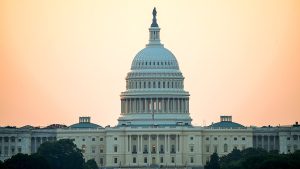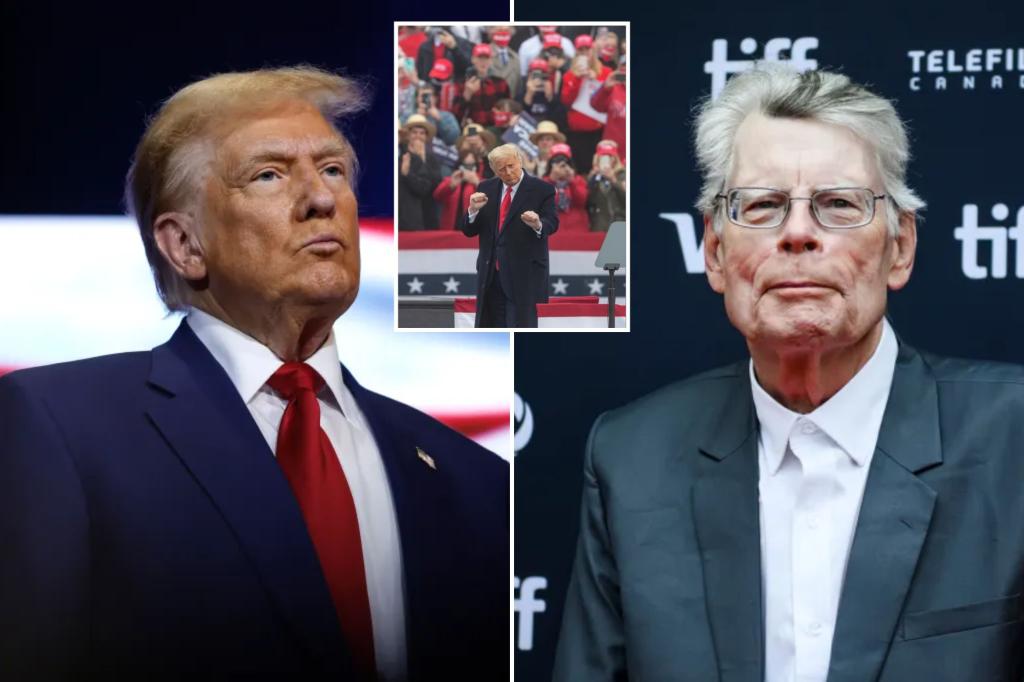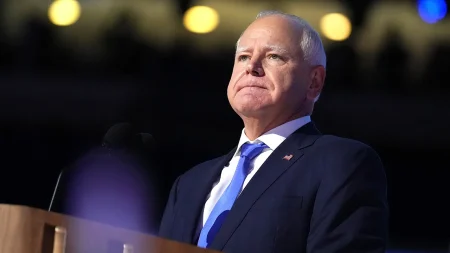Stephen King’s Controversial Prediction About Trump Supporters
In a recent interview with The Sunday Times, acclaimed novelist Stephen King made waves with his bold prediction about the future of Donald Trump’s legacy. The 77-year-old author suggested that in the coming decades, many Trump supporters will deny having ever voted for him, comparing it to the phenomenon of people falsely claiming to have witnessed historic events. This prediction, however, was met with swift pushback from the Trump administration, highlighting the ongoing tension between the outspoken author and the president’s team.
King, known for his masterful storytelling in works like “Carrie,” used a baseball analogy to illustrate his point. He referenced Bobby Thomson’s famous “Shot Heard ‘Round the World” home run, noting how many more people claim to have witnessed it than were actually present that day. Inverting this concept, King suggested that “Twenty or 30 years down the line, when I’ll be dead and you’ll be old, I think a lot of people are going to say, ‘Well, I never voted for Trump.'” This statement reflects King’s belief that Trump’s legacy will eventually become something supporters distance themselves from, rather than proudly claim.
The Trump administration didn’t let King’s comments go unanswered. White House spokeswoman Abigail Jackson delivered a pointed response to Fox News Digital, saying, “Since Stephen has spent so long writing fiction, it’s understandable that he’d have no grasp on reality.” This curt dismissal emphasizes the deep divide between King’s perspective and that of the administration. It’s worth noting that King has been a vocal critic of Trump for years, often using his platform to express opposition to the president’s policies and rhetoric, making this exchange just the latest chapter in their ongoing public disagreement.
In the same interview, King drew controversial parallels between current immigration enforcement practices and dystopian literature. He suggested that if he had written about today’s immigration policies in 1965, it would have been published as an allegory similar to George Orwell’s “Animal Farm.” Going further, King compared ICE agents to “Gestapo agents in the street,” describing them as masked, heavily armed individuals with “huge amounts of money to spend” who are “everywhere.” These comparisons reveal King’s profound concern about what he perceives as authoritarian tendencies in current immigration enforcement, though many would find such historical comparisons extreme or inappropriate.
Despite his outspoken criticism of Trump, King acknowledged an uncomfortable reality: many of his loyal readers are Trump supporters. When asked about this potentially awkward dynamic, King admitted, “I’m aware of it. There’s never been, you know, an organized boycott.” This recognition demonstrates the complex relationship between artists and their audiences in politically divided times. King seems to have made peace with the fact that his readership spans the political spectrum, even as he continues to speak out on political matters that might alienate some fans.
King ultimately framed his political outspokenness as a moral obligation, saying, “I feel I have an obligation to say what I think and be clear about it. It’s a question, like the song says, ‘Which side are you on?'” This reference to Pete Seeger’s famous labor movement song illustrates how King views the current political moment – not as a time for nuance or compromise, but as a moment that demands clear moral positioning. While this stance resonates with those who share his political views, it also highlights the increasingly binary nature of American political discourse, where artists and public figures feel compelled to take definitive sides rather than occupying middle ground. In King’s worldview, silence or neutrality is not an option when faced with what he perceives as fundamental moral questions about the direction of the country.











